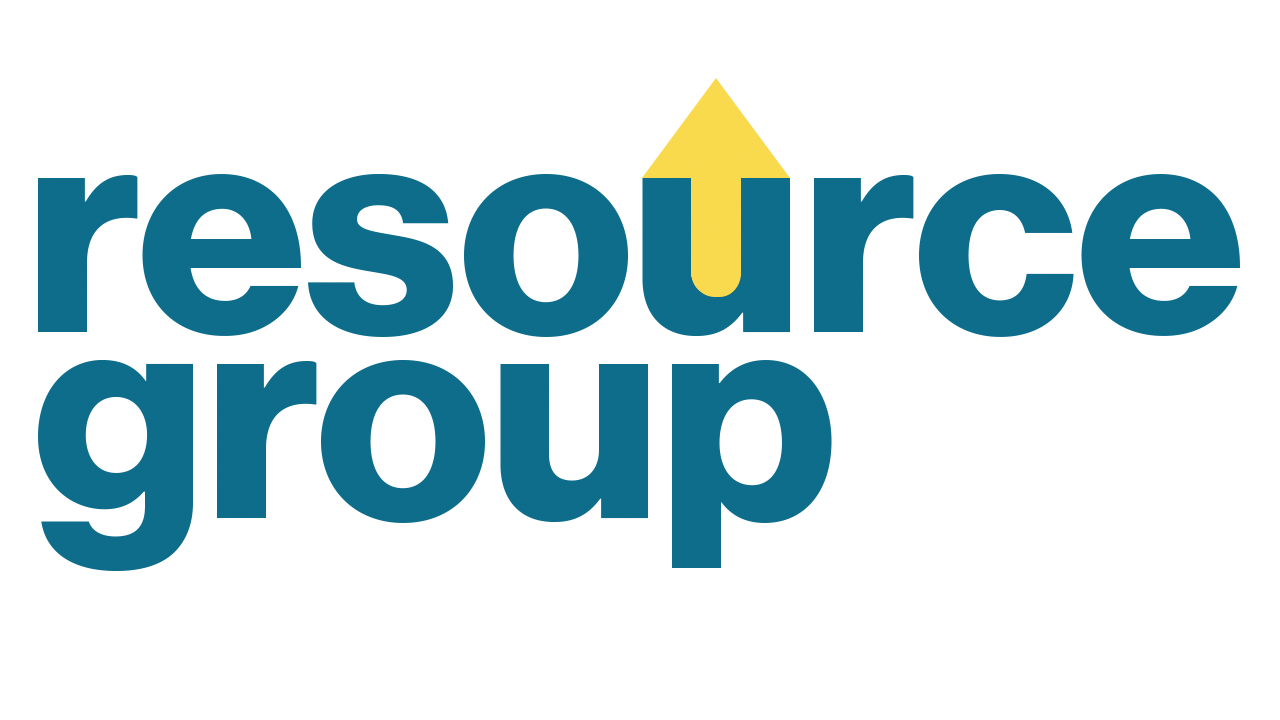
By: Brian Warner
Is this just a bad day or is it something worse? Will tomorrow be better or more of the same? If you’ve dealt with a chronic mental health condition, questions like these can loom large whenever you feel out of sorts, usually coming back to the big question at the heart of the matter: are things getting bad again?
Or maybe if you’ve never been diagnosed with a mental illness, or even talked to a mental health professional, you have days that make you think: is this a normal feeling? Does everyone feel like this all the time and they’re just not talking about it?
It’s tough to know. None of us ever really know for sure what anyone else is feeling, so comparing emotions isn’t quite as easy as putting two bruises side by side.
How do you know when it’s time to ask for help?
It’s Interfering with Your Quality-of-Life
Like the old song goes, the thigh bone’s connected to the hip bone, the hip bone’s connected to the backbone, and the brain is connected to pretty much everything else – okay, that last part may have been added by me, but you get the idea. Mental suffering can express itself in lots of different ways and show up in areas of your life you might not expect.
Is it impossible to concentrate at work? Has your sex drive disappeared? Is your appetite unrecognizable from what you’re used to? Have you been feeling unexplainable pains like head or back aches?
It’s always easy to write off our own problems, but your quality-of-life matters. Reaching out to a therapist can be the difference between learning to live with these issues and figuring out how to move past them.
It’s Interfering with Your Relationships
Everyone has days when they want to stay home for some me-time, or when they need time alone to consider the feelings they’ve been going through. But anyone who’s had a bad cold can agree: when you feel badly, you’re probably not the most pleasant to be around. The same goes when your mental health is taking a hit. You might avoid people. You might pick fights. Sometimes it just doesn’t feel fun to be around your friends anymore.
It feels like the only time we hear someone say “You need therapy” is when they’re using it as an insult – but our relationships are deeply important parts of our health. The people most important to you are also the people in the best position to notice how you change and suggest, “It might really help to talk to someone.”
You’re Using Unhealthy Coping Mechanisms
Coping mechanisms are kind of like dental care – healthy habits are the first line of defense against preventable damage. We recently talked about the dangers of using drugs and alcohol to unwind, but unhealthy coping mechanisms can include sober activities too, like sex, shopping, disordered eating, and even too much screentime. In the short term they can help distract or numb us, but they can also create dependency issues and lead to more problems in the long term. It’s important to notice how we’re spending our down-time and keep asking: does this help me?
For more information on red flags to look out for in your coping mechanisms, check out our blog on emotional burnout over at https://resourcegrp.org/blog/burn-bright-not-out/.
You Just Want To
We usually think of therapy as treatment for a health issue, rather than preventative care, but it’s important to remember that it can also be a healthcare choice you make before your mental health is interfering with your life. For help processing the past week? Or a neutral, confidential sounding board? Or guidance on making a big change in your life? Or just because you think it’s fun? Even if you and your family have no history of mental illness, it’s totally normal to want some of the extra support that therapy can bring.
Because we’re all under a lot of stress. Even before the pandemic, loneliness was increasing, sleep was getting less satisfying, and the pressure to always stay connected via email, text, phone, Facebook, Twitter, Slack, carrier pigeon, telepathy, surveillance drone, etc. etc. has been a lot for everyone to handle.
Thankfully, we’ve made leaps and bounds in acceptance for mental healthcare in just the past few years. There’s a reason Simone Biles’ decision to step back from Olympic competition last year created so much buzz: for as rare as it still might be to hear people take action on their mental health, it’s such a relief when we hear that that’s an option. It such a relief when we hear that, even if people aren’t experiencing the same things as us or living with the same illnesses as us, we’re never alone in sometimes needing to ask for help.
DISCLAIMER
The information, including but not limited to, text, graphics, images and other material contained on this website are for informational purposes only. No material on this site is intended to be a substitute for professional medical advice, diagnosis, or treatment. Always seek the advice of your physician or other qualified healthcare provider with any questions you may have regarding a medical condition or treatment and before undertaking a new health care regimen, and never disregard professional medical advice or delay in seeking it because of something you have read on this website






